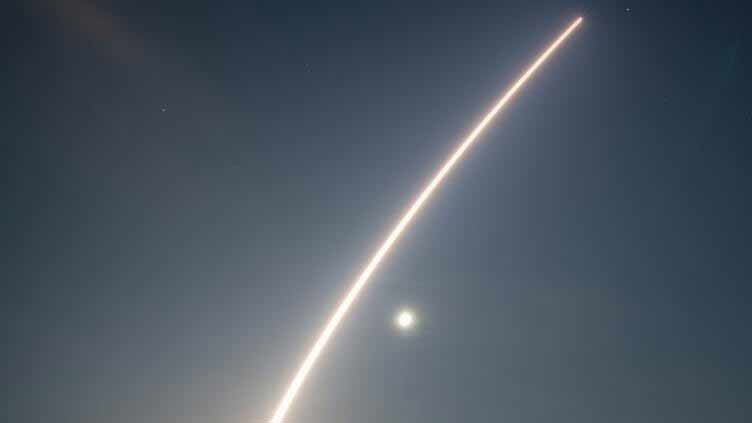France test-fires long-range ballistic missile in bid to boost nuclear deterrence

World
France test-fires long-range ballistic missile in bid to boost nuclear deterrence
PARIS (Reuters) - France has successfully test-fired an M51.3 long-range ballistic missile, boosting the credibility of France's nuclear deterrence capabilities, the defence ministry said on Sunday.
The missile, which did not carry a nuclear weapon, was fired from the French army's Biscarosse missile testing site in southwest France and landed in the North Atlantic, "hundreds of kilometres from any coastline" the ministry said, without giving further detail.
"The flight has allowed to confirm a major improvement of the missile which will contribute to the lasting credibility of France's oceanic deterrence in coming decades," the ministry said in a statement on Sunday.
It added that maintaining operational credibility of France's nuclear weapons is required given the international environment.
Following Russia's invasion of Ukraine in February 2022, President Vladimir Putin has repeatedly warned the West that he would be ready to use nuclear weapons to defend Russia.
The M51.3 missile is an upgraded version of the M51, a three-stage sea-land strategic ballistic missile designed to be launched from French Navy submarines. The M51 was first test-fired from a ground base in 2006 and from a submarine in 2010, the year it was commissioned.
The new M51.3 missile, which is expected to enter service around 2025, is developed by aerospace firm ArianeGroup, a joint venture between Airbus (AIR.PA) and French defence group Safran (SAF.PA).
Ballistic missiles are similar to rockets and follow elliptic trajectories after launch, often leaving the earth's atmosphere to reach lower space, unlike cruise missiles, which typically follow straight trajectories at low altitude, powered by continuous thrust until they reach their target.


